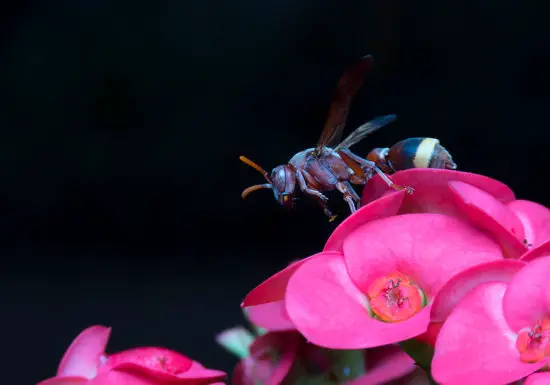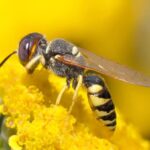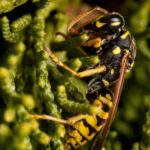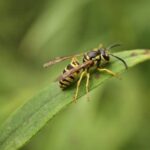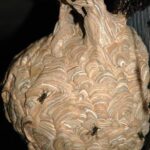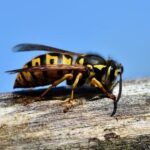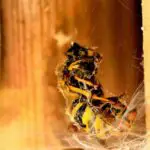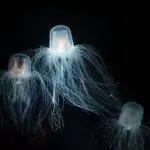Why Can’t Wasps Fly at Night?
Several wasp species are nocturnal. Some of these species build nests, while others just hunt and feed at night. Some species build small nests out of clay or mud. These nests may be very small and only house a handful of eggs.
Some of these nests are found inside homes. In some cases, wasps enter through holes in brick walls or through small cracks in the foundation. Other species of wasps are eusocial, meaning they form colonies with other wasps. A colony can produce hundreds of eggs. These colonies hibernate during the winter months.
Many people assume that wasps aren’t active at night. In fact, many species of wasps don’t fly at night. Some wasps do fly, however, and some are highly active during the night.
Some species of solitary wasps build nests, while others simply lay eggs directly on their prey. These nests are small and may be built right on the ground. Some solitary wasps also have parasitic habits. They lay eggs on their host spider, burrowing in to the spider’s body to obtain food. The larvae then emerge and feed on the spider’s body, eventually growing to adult size.
Some species of wasps are predatory, feeding on flies and mosquitoes. These species also serve an environmental benefit by feeding on other insects.
The European Hornet is a well-known nocturnal wasp. These species are active at night, and use dim lighting to navigate outside their nests. These hornets are very aggressive. If they notice a threat, they release a chemical into the air. They then summon other nest defenders.
